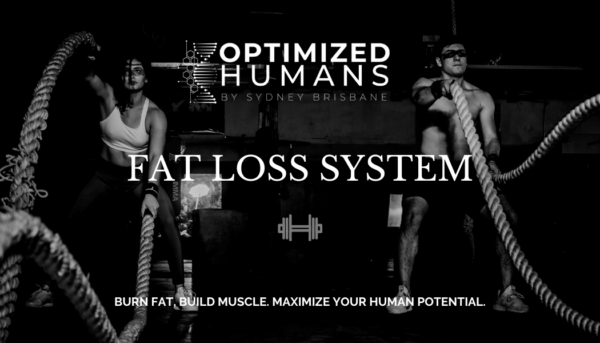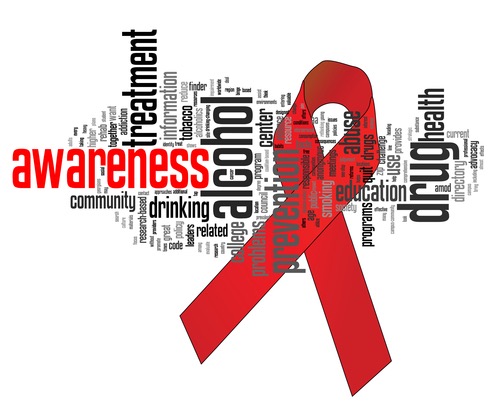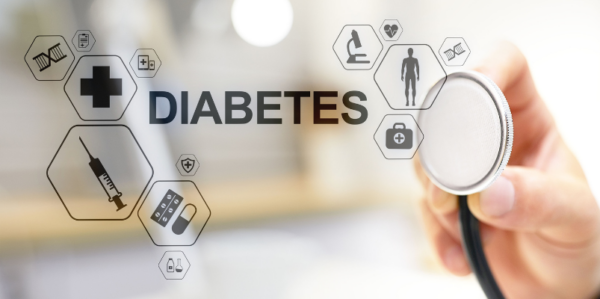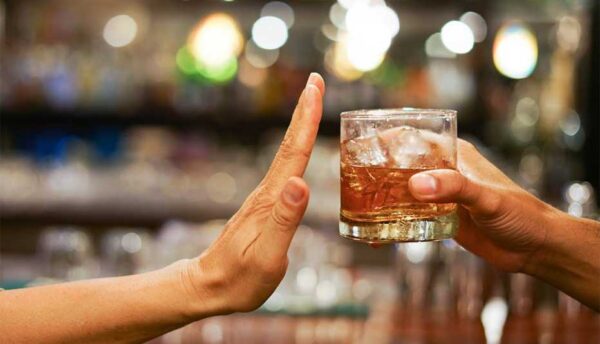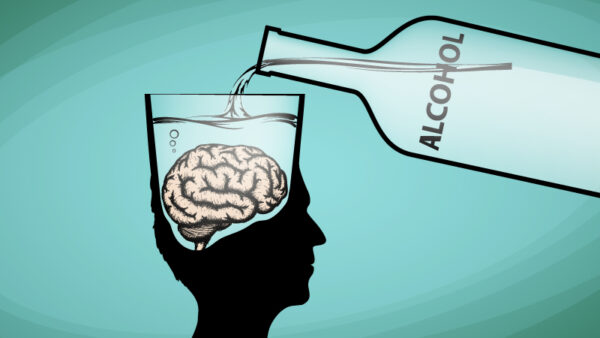Introduction
For individuals managing diabetes, the holiday season can be a tricky time. With sweet treats, family feasts, and festive drinks around every corner, it’s easy to feel overwhelmed. This blog shares practical strategies to enjoy the holidays while keeping blood sugar levels in check.
The Holiday Challenge for Diabetes Management
The abundance of high-carb and high-sugar foods during the holidays can lead to blood sugar spikes, making it harder to manage diabetes. However, with a bit of planning and mindfulness, you can indulge while staying on track with your health goals.
Tips for Managing Diabetes During the Holidays
- Plan Your Meals: Stick to your meal plan as closely as possible. If you’re attending a party, have a balanced snack beforehand.
- Portion Control: Savor small portions of your favorite holiday dishes instead of overloading your plate.
- Stay Hydrated: Drinking water can help stabilize blood sugar levels and curb overeating.
- Monitor Blood Sugar: Keep track of your levels more frequently during this period to make necessary adjustments.
Closing Thoughts
The holidays should be a time of joy and connection, not stress about your health. With the right strategies, you can navigate the season confidently while keeping your diabetes well-managed.
LETS GET HEALTHY TOGETHER: Join Optimized Humans to access tailored meal plans and fitness routines that support your health goals. Use code NEWYEARS25 for a discount on your subscription.
How to Cut Back on Alcohol: Techniques for Reducing Drinking and a Refreshing Mocktail Recipe
Cutting back on alcohol doesn’t have to be a daunting task. Whether you’re taking part in Sober October or just looking to reduce your drinking in general, there are several practical steps you can take to make the transition easier. Plus, we’ll share a refreshing mocktail recipe to help you enjoy social gatherings without the alcohol!
Techniques for Reducing Alcohol Consumption
- Set Clear Goals: Decide how many drinks you want to cut down to per week or aim for a completely alcohol-free period like Sober October. Having a clear goal helps you stay focused.
- Identify Your Triggers: Pay attention to the times and situations where you’re most likely to drink. Is it stress, boredom, or social pressure? Identifying triggers helps you find alternative coping mechanisms.
- Choose Alcohol-Free Days: Start by picking specific days where you won’t drink at all. Gradually increase these days as you get more comfortable without alcohol.
- Find Alternatives: Swap alcoholic drinks for refreshing mocktails, sparkling water, or herbal teas when you’re out with friends or unwinding at home.
- Get Support: Share your goals with friends or join a community like Optimized Humans, where you’ll find support for living a healthier lifestyle.
Refreshing Mocktail Recipe: Cucumber Mint Cooler
Ingredients:
- 1 cucumber, sliced
- 1 handful fresh mint leaves
- 1 tbsp lime juice
- 1 tsp honey (optional)
- Sparkling water or club soda
- Ice cubes
Instructions:
- In a glass, muddle cucumber slices and mint leaves to release their flavors.
- Add lime juice and honey (if using).
- Fill the glass with ice and top with sparkling water or club soda.
- Stir gently and garnish with extra mint leaves or a cucumber slice.
This mocktail is refreshing, hydrating, and perfect for hot days or social gatherings. It gives you the feel of a cocktail without any of the alcohol.
Final Thoughts: Embrace a Healthier Lifestyle This Sober October
Sober October is an excellent opportunity to rethink your relationship with alcohol and take steps toward a healthier, more balanced lifestyle. By understanding the effects of alcohol on your body and mind, exploring alternatives, and reducing your intake, you’ll start to notice improvements in your physical and mental well-being.
Looking to further optimize your health? Sign up for the Optimized Humans app today! Our personalized training and nutrition plans are designed to help you reach your full potential. Plus, for a limited time, get a special discount when you mention this blog post. Start your journey toward better health with Optimized Humans—where wellness meets performance!

 How Alcohol Impacts Your Mental and Physical Performance
How Alcohol Impacts Your Mental and Physical Performance
Alcohol isn’t just a social indulgence; it’s a substance that can significantly affect both your mental and physical performance. Whether you’re an athlete trying to stay at peak fitness or simply aiming to stay sharp at work, understanding how alcohol impairs your abilities is essential.
The Effects on Mental Performance
Alcohol has a direct impact on the brain, altering how it functions on multiple levels:
- Impaired Cognitive Functions: Alcohol reduces your ability to concentrate, process information, and make decisions. Even moderate drinking can slow your reaction times and impair short-term memory.
- Increased Stress and Anxiety: While alcohol might temporarily reduce feelings of stress, it can cause increased anxiety and stress in the long run due to its effects on neurotransmitter balance.
- Decreased Productivity: Drinking the night before work can lead to brain fog, lack of motivation, and decreased productivity, making it harder to stay focused and accomplish tasks efficiently.
The Effects on Physical Performance
Alcohol’s impact on your body is just as detrimental:
- Slower Recovery Time: Alcohol interferes with your body’s ability to recover from workouts. It dehydrates muscles, hampers protein synthesis, and reduces your energy levels, all of which can delay recovery after exercise.
- Decreased Strength and Endurance: Drinking reduces muscle coordination and decreases your physical performance by impairing your motor skills and weakening your stamina. This makes it harder to maintain peak fitness levels.
- Disrupted Sleep: Alcohol can significantly disrupt sleep patterns, leading to poor-quality rest. Since sleep is essential for physical recovery and overall health, this can have lasting negative effects on your performance.
By reducing or eliminating alcohol from your lifestyle, you can see marked improvements in your mental clarity, physical strength, and overall well-being.
Ready to take your health to the next level? With Optimized Humans, you can access personalized workout and nutrition plans, support for your wellness goals, and a community to keep you motivated. Sign up today and receive a special discount on your membership by mentioning this blog! Start your Sober October challenge with us, and take the first step towards a fitter, healthier, and more optimized you.

Alcohol: The Positive and Negative Effects on Your Body and Mind
Alcohol plays a significant role in many social situations, and while it’s common to enjoy a drink with friends, it’s important to understand both the positive and negative effects it can have on your body, mind, and long-term health. Let’s break down the pros and cons of alcohol consumption so you can make informed choices.
The Positive Side of Alcohol
In moderation, alcohol has been associated with some potential benefits:
- Social Bonding: Alcohol often serves as a social lubricant, helping people relax and connect in social situations.
- Heart Health (in moderation): Some studies suggest that moderate consumption of certain types of alcohol, such as red wine, may have benefits for heart health due to the presence of antioxidants like resveratrol.
- Relaxation: A glass of wine or beer can help you unwind after a long day, reducing stress levels temporarily.
The Negative Side of Alcohol
While moderate drinking can have some perks, alcohol consumption also has significant downsides, especially when consumed regularly or in larger amounts.
- Cellular Damage: Alcohol is toxic to cells, particularly those in the liver. Chronic drinking can lead to liver damage, cirrhosis, and other serious conditions.
- Premature Aging: Alcohol dehydrates your body and depletes essential nutrients, which can accelerate aging, particularly in your skin. This leads to wrinkles, dullness, and other signs of premature aging.
- Cognitive Impairment: Alcohol affects brain cells and neurotransmitters, leading to slower reaction times, memory problems, and difficulty concentrating.
- Addiction Potential: Even casual drinking can develop into dependency over time, and alcohol addiction can have a profound negative impact on every aspect of life.
Alcohol may offer short-term benefits in social and emotional contexts, but the long-term consequences on your health and well-being are far more significant. Understanding the full impact of alcohol can help you make better choices for your body and mind.
Ready to take your health to the next level? With Optimized Humans, you can access personalized workout and nutrition plans, support for your wellness goals, and a community to keep you motivated. Sign up today and receive a special discount on your membership by mentioning this blog! Start your Sober October challenge with us, and take the first step towards a fitter, healthier, and more optimized you.
